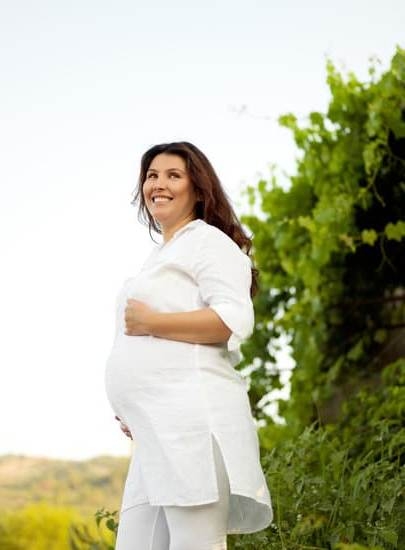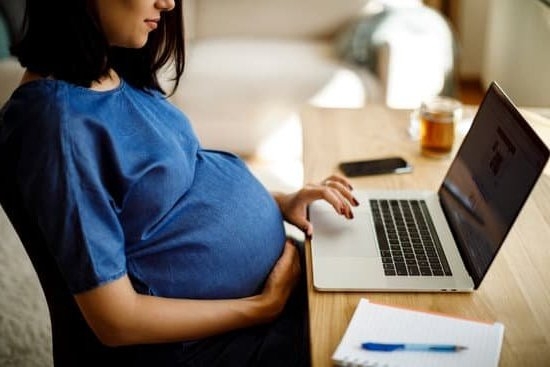H2: Symptoms of Pregnancy After Conception
Conception is the moment when the egg and sperm combine and a new baby’s life begins. It typically occurs between eight and ten days after the beginning of a woman’s menstrual cycle at the mid-cycle point and marks the unofficial start of pregnancy. But while conception signals the start of a new life, you may experience a variety of hormone shifts and physical changes in your body that can serve as indicators of a successful pregnancy—in some cases, as soon as a week after conception.
H3: The First Symptoms of Pregnancy
Many of the symptoms associated with conception can be credited to the changes in hormone levels that occur in early pregnancy, and can include the following:
• Breast Tenderness: Swollen, tingly, sensitive breasts are one of the first symptoms many women experience after conception. This is caused by the increased level of hormones such as progesterone and estrogen in your body as your body adapts to the new pregnancy.
• Fatigue: You may begin to feel unusually fatigued—even more so than usual— shortly after conception. Your body is hard at work producing the hormones necessary for your pregnancy and contributes to the feeling of exhaustion.
• Increased Urination: As your body begins the process of adapting to carry a baby, it is not uncommon for your need to urinate to increase. The increased hormones and increased uterus cause your bladder to work harder, filling up and prompting the need to go more often.
• Morning Sickness: While this symptom is often more pronounced and noticed later on in the first trimester, morning sickness can begin as quickly as a week after conception.
H3: How Soon Can I Take A Pregnancy Test?
Your body can begin producing the human chorionic gonadotropin (hCG) hormone just days after conception. Since this hormone is what pregnancy tests are designed to detect, it is possible to receive accurate pregnancy results as early as a week after conception. However, this varies depending on the type of pregnancy test you use.
For example, tests such as First Response Early Detection Pregnancy Tests are designed to detect hCG levels as low as 6.3 mIU/ml—the lowest available in over-the-counter pregnancy tests— just three days before the expected period. In contrast, most drugstore pregnancy tests look for a level of 20 mIU/ml of hCG in urine, which typically occurs about five days after implantation.
H3: When To Seek Medical Attention
If you are experiencing any of these symptoms, it is important to speak with a medical professional. Your physician can confirm a pregnancy via a blood test or an ultrasound exam, which typically happens at the first prenatal visit. Most doctors recommend this appointment happen within the first 8-12 weeks of pregnancy.
If it has been more than two weeks since you have had unprotected intercourse and you are experiencing any symptoms of pregnancy, speak to your doctor as soon as possible. They can offer guidance in managing your pregnancy and protecting the health of both you and your unborn child.

Welcome to my fertility blog. This is a space where I will be sharing my experiences as I navigate through the world of fertility treatments, as well as provide information and resources about fertility and pregnancy.





